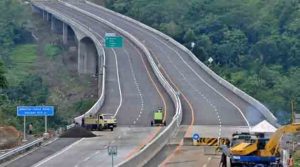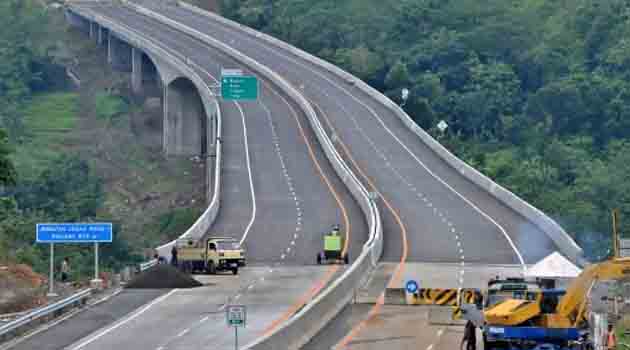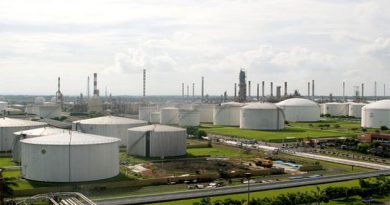Kenya’s $3.5 Billion Road Project Delayed by Debt Concerns

Kenya’s second-biggest infrastructure project since independence five decades ago, a $3.5 billion inter-city expressway, will be delayed amid concerns by lawmakers that East Africa’s largest economy is taking on too much debt, the company building it said.
While Kenya is ramping up construction of much-needed infrastructure to underpin economic growth, the cost of the mega projects, mostly financed by Chinese loans, has stirred concern that the debt is unsustainable for the $71 billion economy. The nation’s debt could rise to 58 percent of gross domestic product by the end of June, from 40.6 percent in the 2011-12 fiscal year, according to World Bank estimates.
Construction of the 473-kilometer (294-mile) four-lane highway between the capital, Nairobi, and the second-biggest city, Mombasa, will be undertaken by San Francisco-based Bechtel Group Inc., which has arranged commercial loans for Kenya to undertake the project. The country will not seek concessional financing or a public-private partnership, according to the company.
The Kenya National Highways Authority wasn’t aware of any delay, public relations officer Charles Njogu said by phone. “The agreement has, however, to be scrutinized by lawmakers because of its size,” he said. Transport and Infrastructure Secretary James Macharia didn’t pick calls to his mobile phone nor respond to a text message seeking comment.
Big Concern
The financing arrangements for the toll road are now expected to be in place by end-June, the initial sod-turning target, and construction work will now begin in the second half of the year, said Andrew Patterson, Bechtel’s regional president for Africa.
“This is looking to be slipping,” he said in emailed responses to questions on Monday. “The debt level is a big concern and we are working to find the right balance with Treasury in regards to the financing.”
Kenya’s biggest infrastructure project since independence from Britain in 1963 is an $8.7 billion standard-gauge railway from Mombasa to the Ugandan border that’s being built under China’s flagship Belt and Road program. The first phase of the line that replaces a parallel century-old link built during the colonial era is already operational.
Bechtel said in December it was supporting the Kenyan government in negotiations with the U.S. Export-Import Bank, the Overseas Private Investment Corp. and U.K. Export Finance to finance the dual carriageway. The lead arranger will be appointed by June, allowing construction to begin, Patterson said.
Bechtel plans to deliver 50 kilometers of road every six months, completing the project in early 2024. The highway is expected to cut travel time between the two cities to four hours from 10. The construction will be done under an engineering, procurement and construction contract, while toll fees will be levied through a public-private-partnership agreement.
Courtesy : bloomberg
Photo : archive.rimanews.com
[social_warfare buttons=”Facebook,Pinterest,LinkedIn,Twitter,Total”]



